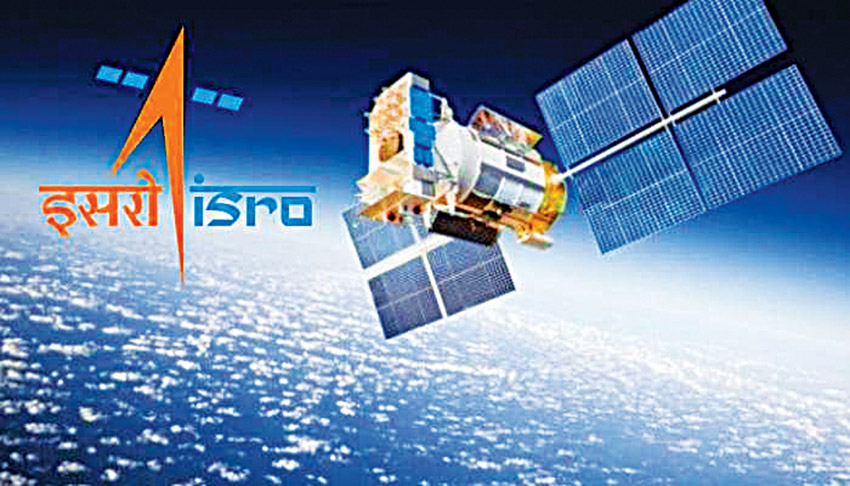SPACE POLICY 2023: Making Space Industry at par with Global Industry
By R. Anil Kumar
Synopsis
The union government has published the Space Policy 2023 that lays down regulations for privatizing space missions in India
The Indian Space Policy 2023 unveils the government’s plan to let private enterprises carry out end-to-end activities – from launching satellites and rockets into space to operating Earth stations.
Promoting the private sector will enable the Indian space program to remain cost competitive within the global space market, and thus create several jobs in the space and other related sectors.
What is in Indian Space Policy 2023?
Vision: The ‘Vision’ is to “enable, encourage and develop a flourishing commercial presence in space” that suggests an acceptance that the private sector is a critical stakeholder in the entire value chain of the space economy.

Bangalore. Two weeks after getting the formal approval of the Union Cabinet, the Indian Space Research Organization (ISRO) has formally published the Space Policy 2023 that seeks to lay down formal regulations for privatizing space missions in the country.
In addition, the policy also laid out guidelines for operations of the NewSpace India Limited (NSIL), ISRO’s commercial arm, as well as the Indian National Space Promotion and Authorization Centre (IN-SPACe).
The idea appears to be to create an overarching, composite and dynamic framework to implement privatization of space missions.
The policy document says Indian consumers of space technology or services such as remote-sensing, communication, data-services and launch services, both from public and private sectors, would be free to directly procure them from any source.
While INSPACe, as the nodal private space project authorization body, would oversee the maintenance of a stable and predictable regulatory framework to provide level-playing field to private entities in the space sector, ISRO will conduct space research activities with its subsidiary NSIL taking up commercial launch contracts using its launch vehicles.
The document was hailed by industry associations and experts. The Broadband India Forum, an independent think tank said given that six to seven regulatory agencies under government were involved in space programs, there was a need for better clarity on various functions, obligations and responsibilities to remove the complexities.
“Till now, this picture was a bit hazy but the near-impossible objective of total clarity has been superbly accomplished in the policy document released yesterday as Indian Space Policy 2023,” the Forum said in a statement.
“For the first time, such abundant clarity has been provided on the matrix of functions and responsibilities that it should be extremely smooth for India to take off powerfully in its space mission. It is a welcome and laudable policy.
Government’s move to focus on encouraging advanced R&D in space that caters to national priorities while ensuring a level-playing field for private entities through the INSPACe option.
Many also felt that India’s space program would go a long way with the steps to encourage and support start-ups in the space sector.
The non-governmental entities in the space sector would include corporate entities and start-ups who can undertake end-to-end activities in space.
Going forward, start-ups can offer satellite communication services, operate on-ground mission control centres, place their own satellites in orbit, establish and commercially run privately-owned remote satellite services, undertake space safety projects, and also “engage in the commercial recovery of an asteroid resource or a space resource,” the document said.
As for INSPACe, it would continue to play its existing roles that includes authorizing private space companies to build, launch and operate satellites, rockets and ground stations besides promoting manufacture and incubation hubs such as the Space System Design Labs that was unveiled in March.
Experts have described the policy as a “mother document for all future regulations” for the sector since it codifies all efforts towards promoting private space start-ups that India has taken up over the past few years. Indian Space Association (ISpA) said the policy brings clarity around space activities, specifically around space communications and other applications.





